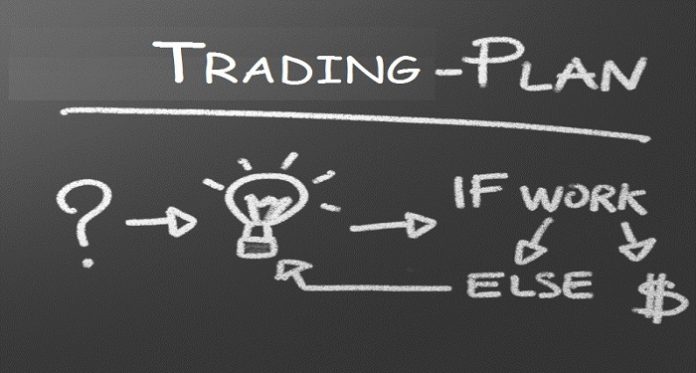Commodities are raw materials or agricultural product used to make other products. Importantly, any virtual or physical market that allows you to buy and sell these products is referred to as commodities.
So, what is investing in commodities? and what you have to know about commodities investing? Well. Investing in commodities is the way investors from large banks to individuals, can make money trading commodity securities and commodities by taking advantages of these actions. So here is a simple overview of things you need to know before investing.
Table of Contents
Categories of Commodities
Commodities have three categories, and they include energy, soft, and hard. Energy Commodities are the products used to produce energy such as natural gas, oil, coal, and others in that class. On the other hand, Soft Commodities are agricultural products such as sugar, beans, lumber, etc. While Hard Commodities comprise of extracted raw materials through mining, and they are palladium, gold, silver and so on.
How you can Buy and Sell Commodities
Although you can buy and keep actual commodities, most of them are done through futures contracts and commodities exchanges. After choosing a market such as gold, oil brent, or natural gas, you can decide if you want to buy or sell. After which you can enter a trade size, manage your risk, monitor your risk, and close your position.
The Benefits and Drawback of Commodity Trading
One of the significant benefits of this type of trading is diversification. Looking at the historical data, you will discover that there is little to a negative correlation between stock and bond prices and commodities prices – what this means is that it allows investors to hedge against their stock investment.
It can also serve as inflation protection. While inflation reduces the prices of stock and bonds, commodities benefit from these acts. Furthermore, a commodity is open to growth opportunities, as the demand for a particular commodity increase, the prices also increase.
However, commodity trading is considered to be one of the most highly volatile instruments you can trade. On average, they are four times as volatile as bonds and twice as stocks.
‘Image Credit: Unsplash’




